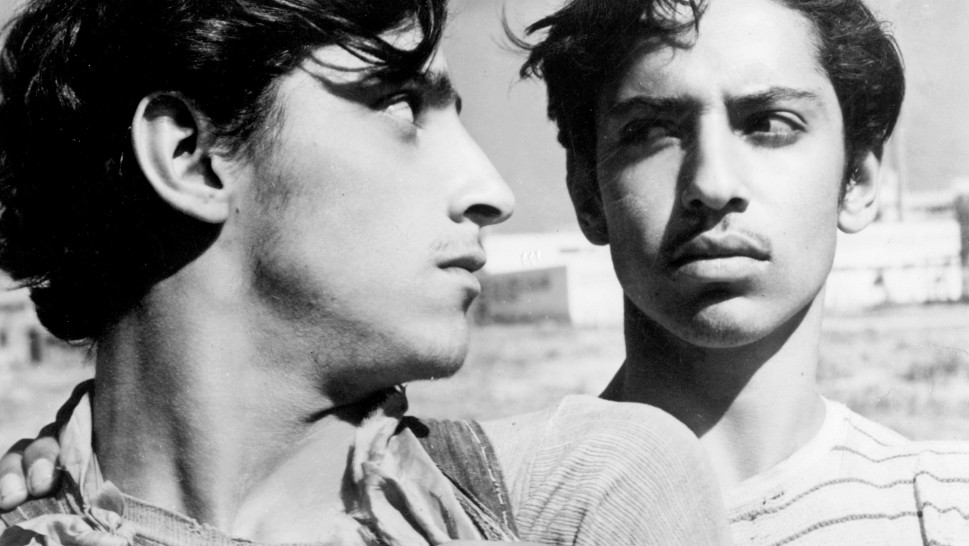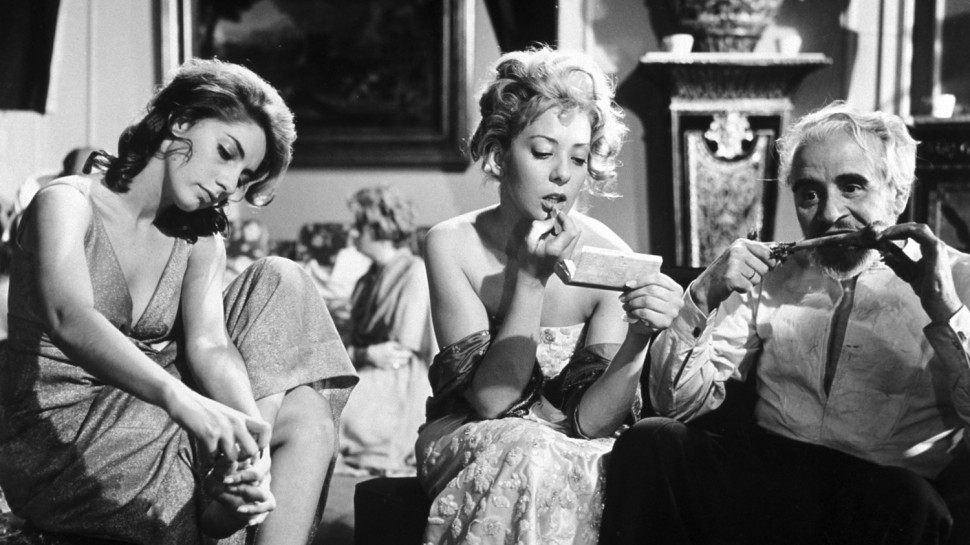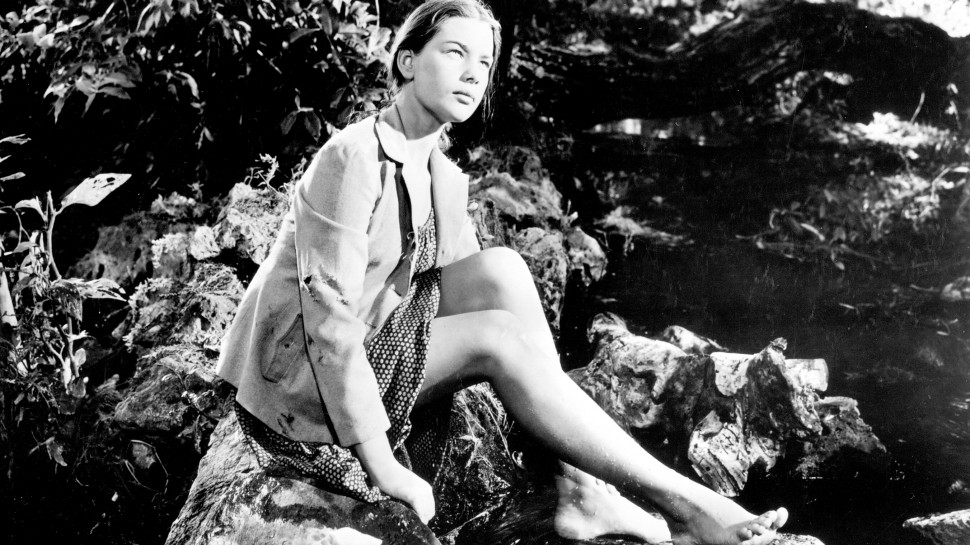


Buñuel's Mexico
The canonization of Luis Buñuel (1900 - 1983) as Spain’s “greatest” filmmaker is based upon a biased and only partial understanding of the filmmaker’s long and complex career. Ignored is the essential fact of Buñuel’s formative and remarkably productive thirty-five years in Mexico where he worked and thrived within that country’s ascendant studio system. It was in Mexico that Buñuel defined himself as a mature filmmaker, expanding his artistic horizons far beyond the radical avant-garde cinema of his earliest works – the audacious and Surrealist inspired trilogy (Un chien Andalou, L’Age d’Or, Land Without Bread) – by exploring a subversive engagement with popular film genre formulas that would remain constant throughout his career. According to legend, Buñuel came to Mexico by chance, merely passing through with a friend and with no intention to work in the country that would soon become his adopted home. Yet Mexico gave Buñuel his first major opportunity to work as a director after several frustrating and ultimately unproductive years in the US where he was fired from a coveted job in the Film Department of the Museum of Modern Art and then unable to find more than menial dubbing work in Hollywood. Easily integrating himself into the cosmopolitan community of Spanish and international exiles that enlivened post-WWII Mexico City, in 1949 Buñuel renounced his Spanish citizenship to be nationalized as Mexican.
One of the great transnational artists of the twentieth century, Buñuel continues to be celebrated almost exclusively as a European auteur, with the lush, mysterious art films which he directed principally in France during his last years remaining his best known work. Only recently has Buñuel’s equal status as a Mexican filmmaker been acknowledged by renewed interest in the twenty films he made within the Mexican studio system. Often dismissed as compromised genre films or mere preparatory sketches for his later work, Buñuel’s Mexican films are finally being appreciated for their complex and often outspokenly political engagement with many of the great obsessive themes of his oeuvre – the destructive powers of machismo and female desire explored in underappreciated films such as El Bruto and Susana, the loneliness of exile made palpable in the little known The Young One. The recognized masterpieces of Buñuel’s long Mexican years – El, The Exterminating Angel, Simon of the Desert, Los olvidados – in turn bring a philosophical depth and power to his cinema, together offering a sustained meditation on ideas of religion, class inequity, violence and desire.
This selective retrospective presents thirteen of Buñuel’s Mexican films, balancing better known works such as Los olvidados and Ilusion Travels by Streetcar with rarely screened classics like The Young One and A Woman Without Love, most shown in gorgeous archival 35mm prints. — Haden Guest




















